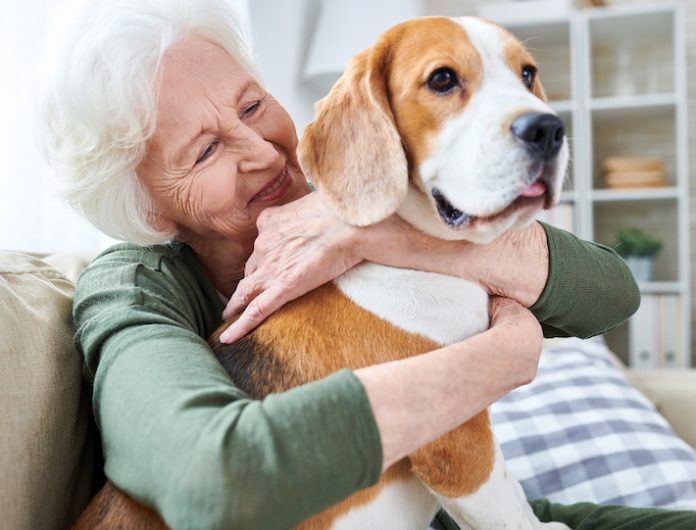Researchers for the University of South Australia are calling on the federal government to mandate support for pets in aged care to improve mental health and wellbeing.
The University of South Australia Dr Janette Young says that the health benefits of human-animal relations cannot be underestimated, especially for frail, older people living in aged care.
“There’s no doubt that Australians love their pets. In fact, we have one of the highest rates of pet ownership in the world,” Dr Young says.
“The great thing about pets is that they can help us feel happier and healthier. And they can do this in different ways: we take them on walks and play with them, so they help us stay active; we feed and care for them, so they give us purpose; but most importantly, they’re always there to give us unconditional love and companionship.
“But as we get older, pet ownership declines, and so too do these benefits. One of the most unrecognised issues of ageing is touch deprivation. Pets are there to pat and cuddle and can make all the difference to someone when they’re feeling sad or down.”
“Older people in residential care need and deserve a supportive, healthy environment. This is a moral imperative. Yet too often we’ve seen the system break under pressure.”
“Our team has been working on ways that older people can maintain human-animal connections as they age, and one of the projects we’ve been investigating is cats living in residential care.”
“The intention is that two adult cats would live among the residents in a dedicated wing of an aged care facility and be cared for by a select group of trained staff and volunteers.”
“By living with the residents, the cats would help ease residents’ loneliness, as well as relieve stress, anxiety, and depression. They’d be there to pat, to talk to, to care for and love, and to provide that special sense of companionship.”











